Book Review: Behind You by Catherine Hernandez
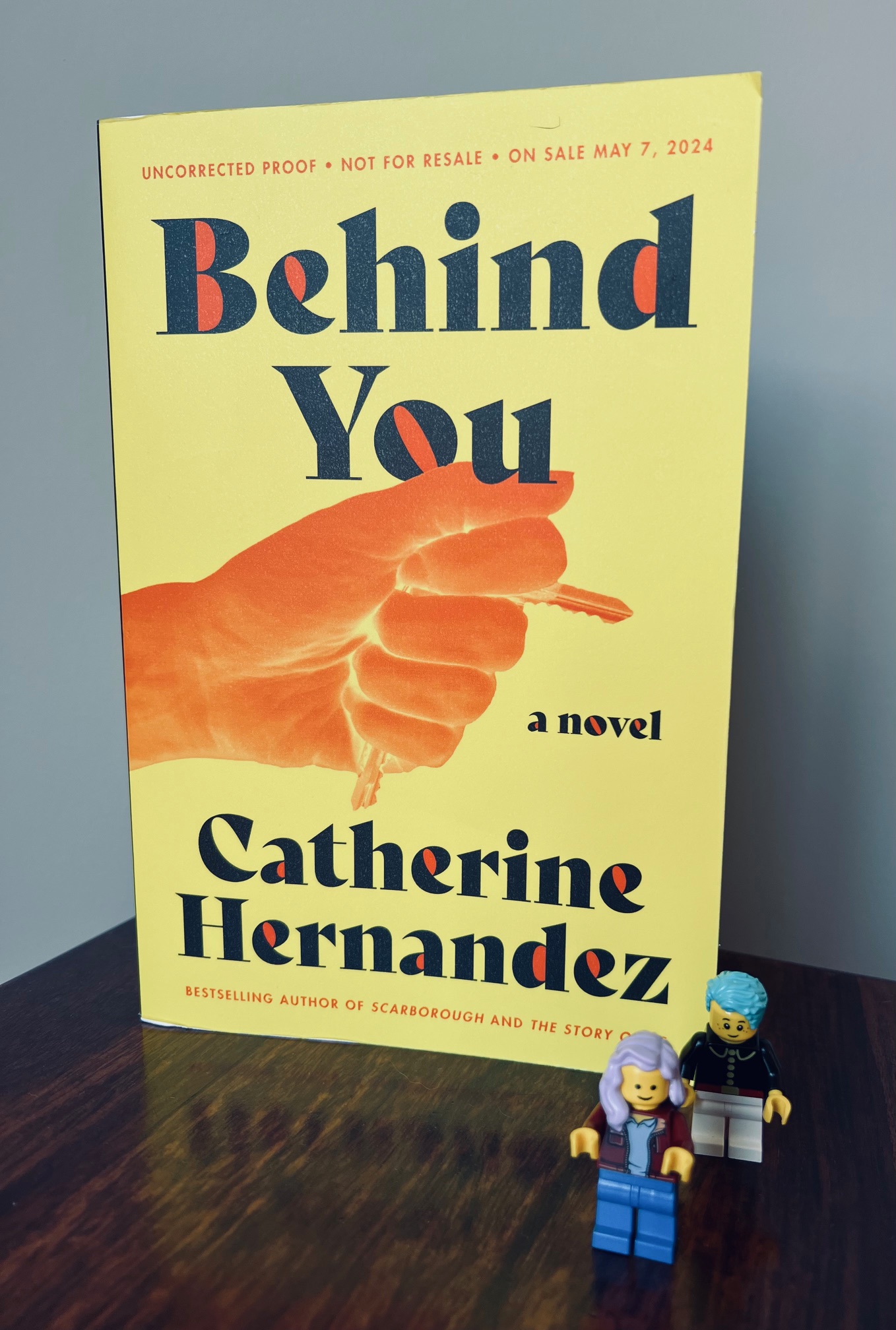
For those who grew up in Ontario, Canada, most will recall the notorious case of the killer and serial rapist, Paul Bernardo. Behind You by Catherine Hernandez is about that time, but it is most definitely not about Paul himself. Instead, it is a work of fiction that examines society’s expectations of young women during that period, and how they were expected to change their behaviour out of fear of becoming the next victim of the ‘Scarborough Stalker’. This notorious case is still front of mind for many people as it wasn’t long ago that Bernardo was caught and sentenced – well within my lifetime. And it has been the focus of many different books ever since, including a book of poetry by Lynn Crosbie, and a novel by Canadian thriller writer Robyn Harding. It’s easy to write books based on true crimes (whether they be fictional accounts or not) because it’s already a sensationalized story, but Hernandez opts for a different and more difficult take; to rip the focus off the criminals themselves, and adjust the lens to those who stood in the background.
Plot Summary
We meet middle-aged Alma as she begins editing her next project, a true crime documentary, and it’s triggering some early emotions and trauma she experienced as a young girl. She is now a grown woman in a happy and healthy marriage with her wife Nira and their teenage son Matteo, but she struggled as a child with an abusive single mother. She was bullied over her weight, and wasn’t very close to her older sister who became pregnant as a teen. The novel alternates between these two time periods, the present day Alma who is successful and well-adjusted (although struggling with emotional eating), and young Alma, terrorized by her mother’s anger and the frightening story of the Scarborough Stalker. Young Alma struggles to navigate through this complicated environment while at the same time pushing her way through the difficulties of puberty, made all the more difficult without any kind of support system. She discovers a love of film, and begins to attend an arts high school a few hours away where she can further explore her interests, but it’s here that she begins seeing a boy out of desperation to prove she is not a lesbian to her classmates (although she suspects she may be at this point in her youth) which results in a disturbing situation that also shapes Alma as an adult.
My Thoughts
Intersectionality is a word that most often comes to mind when I think about this book; according to dictionary.com, it’s definition is: “the oppression and discrimination resulting from the overlap of an individual’s various social identities”. Alma’s dark skin makes her a target for older white men when she’s younger; they exoticize her skin and appearance, or simply make offhand comments they likely wouldn’t if she was white, sometimes even in front of her own mother. She is an afterthought to both these men and the kids at her school; her peers taunt her for her weight, poverty, and lack of social skills, and as she gets older, young men use her as if she’s a human being meant for practice only. As she ages it’s her gender, rather than her sexual orientation that seems to complicate her life. Reliving the trauma of the Scarborough Stalker through her work, she is reminded of the danger of being a woman in a patriarchal society, and the expectations other people have of her body. There is a particularly powerful moment when Alma confesses to her wife that she doesn’t want to be touched, and is not comfortable consenting to her advances at certain times. There are certain stereotypes that surround lesbians and Hernandez works to overturn these, which both humanizes her characters, and furthers our understanding of how harmful stereotypes can be.
The pervasive fear that spread throughout the Scarborough community at that time is demonstrated through the situations Alma finds herself in; warning of a curfew for women and children is issued (most interestingly though, not for men). Women are given a course in self-defense at the local community hall, while just a few years later, Alma is attacked by a young man who has clearly never been taught the meaning of consent, or how to seek it. It is only women that are expected to complete ‘training’ and making behavioural changes. Although it may seem like this book is trying to push a certain message, Hernandez is taking much of what happened at that time and recording it on the page. It’s only Alma’s fictional life that is shaping the readers’ experience of it. Through Alma’s eyes, Hernandez points out the horrors of not only what happened to a community, but our misogynistic reactions to it. Alma’s present-day storyline introduces another complication when Matteo’s actions become suspicious, which forces Alma to question her own complicity in upholding the standards she suffered against as a child.
This novel is a serious look at a scary time in Canada’s history, but it’s also a story that will force us to really examine how our long-held assumptions can unknowingly uphold a system we believe we are no longer a part of.

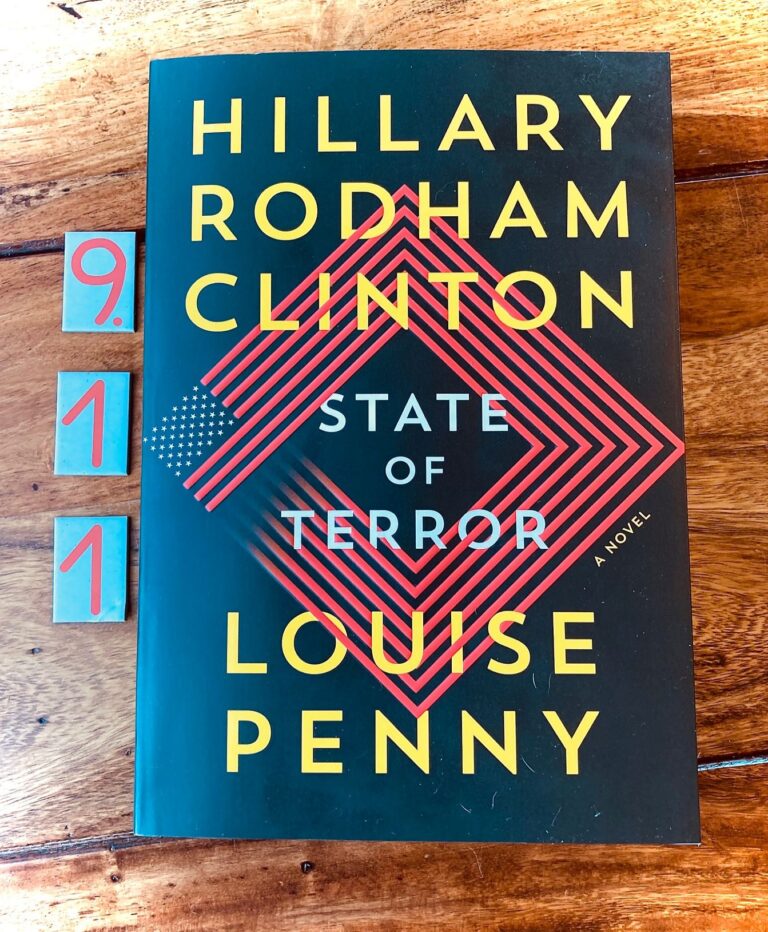
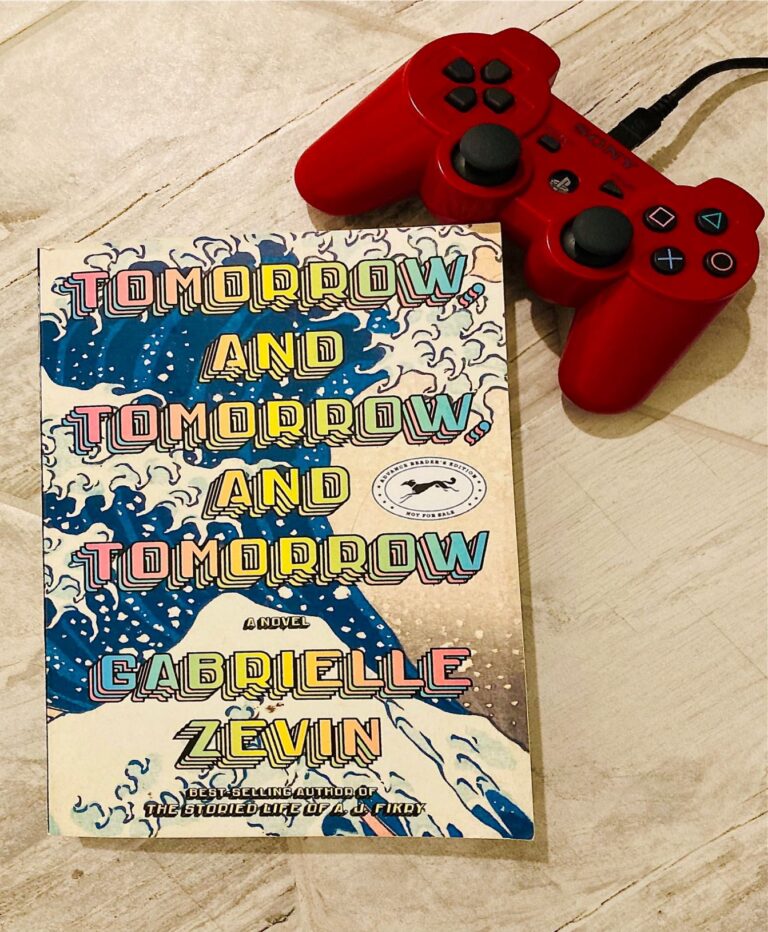
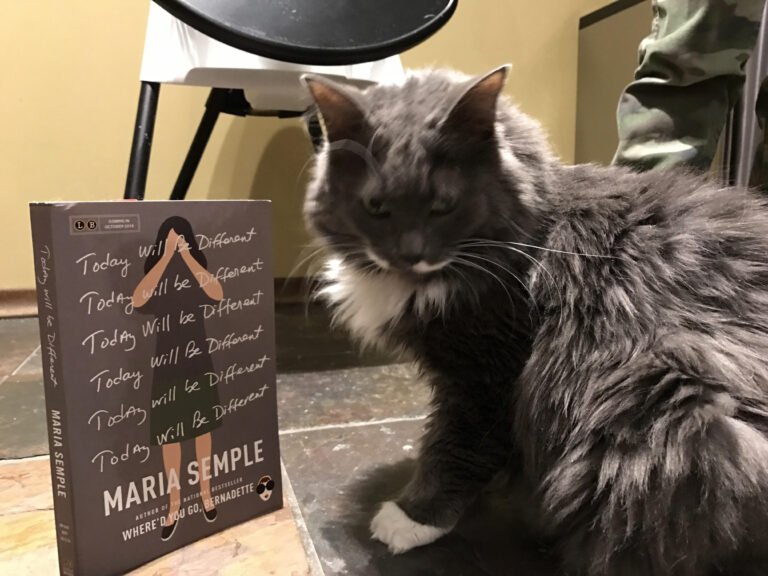
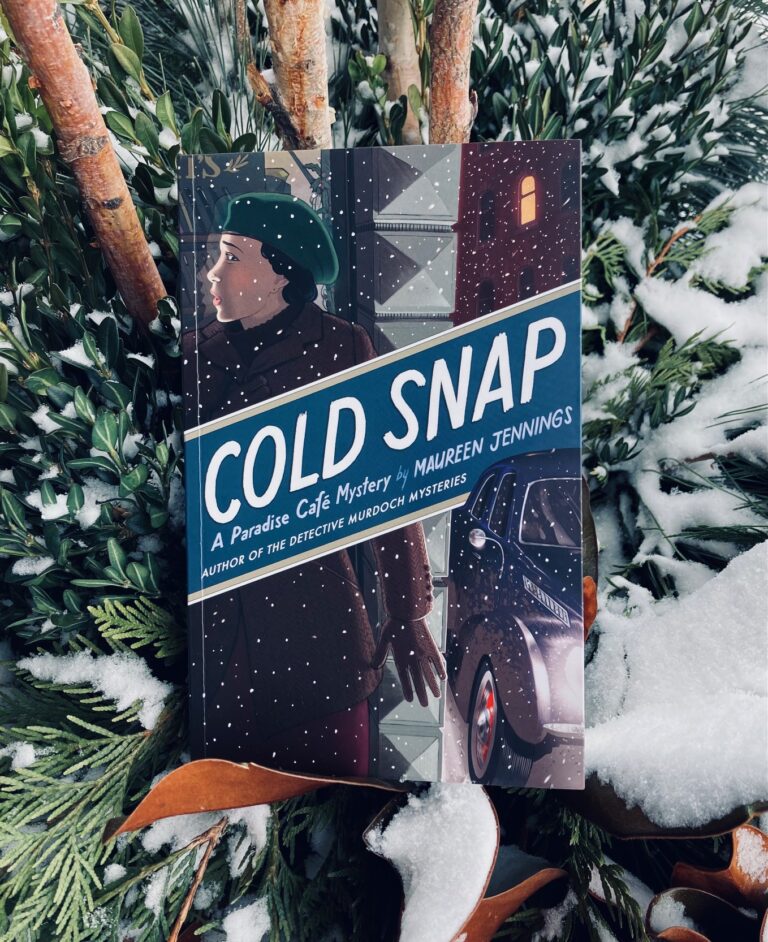
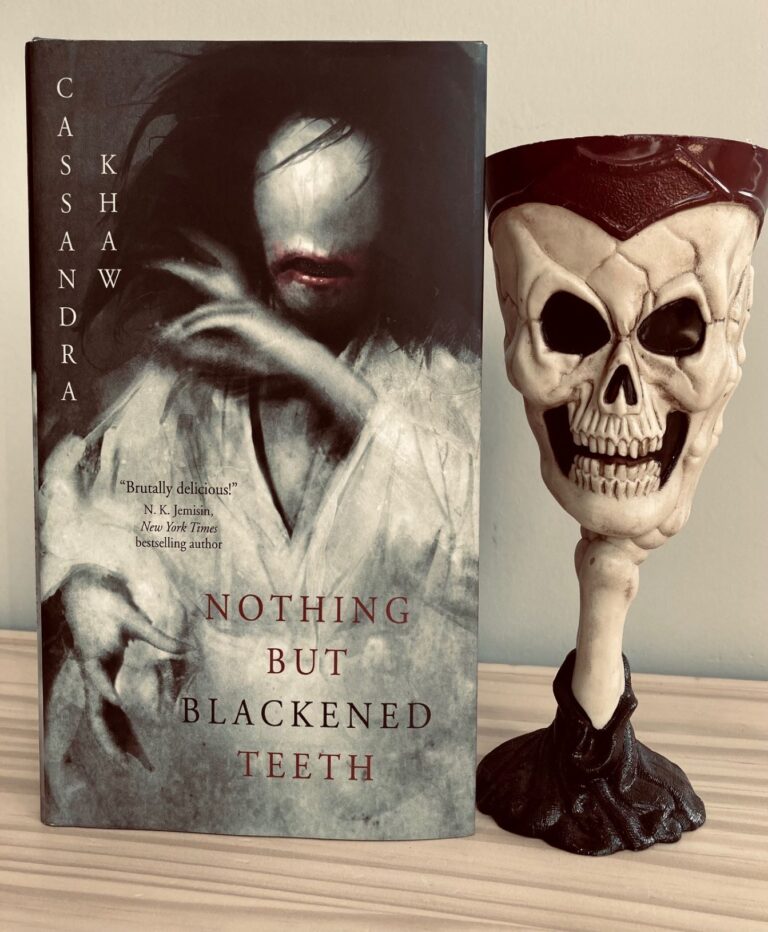
It’s interesting that you’re blog suggests Nick Cutter as a similar book to read, because I know he writes horror!
I’m glad I checked your website again to see if you had published anything new. I had to subscribe to your new website, and I did see that I initially missed this post. If you are able, send out an email to your followers or something like that to let them know to resubscribe to your new website.
Oh did Nick Cutter’s book come as a suggestion below this one? He does write horror, so that seems like a dark turn the algorithm has turned to LOL
Ok thank you for the update re: spam, that’s good to know! I’ll mention that in my next post, and in an email or something. You’re my first regular follower to find me again! haha
This week I’m not having the problem I had last week, and I was able to see your post last week as you know (but via Feedly not email), but as with The Husbands, I don’t want to read TOO closely cuz I’ll probably read this before long. One phrase that jumped out as I tried not to read, was this: “Although it may seem like this book is trying to push a certain message….” That’s a tough one to get past, but if all your readers are in agreement with your political stance it doesn’t matter.
Yes good point, and likely any one who picks up a Catherine Hernandez book may already have an inkling of her viewpoints, so I doubt it will come as a huge shock to anyone. that being said, I’m also hoping that others will ‘discover’ her for the first time through this book, because it may appeal to thriller readers, etc.